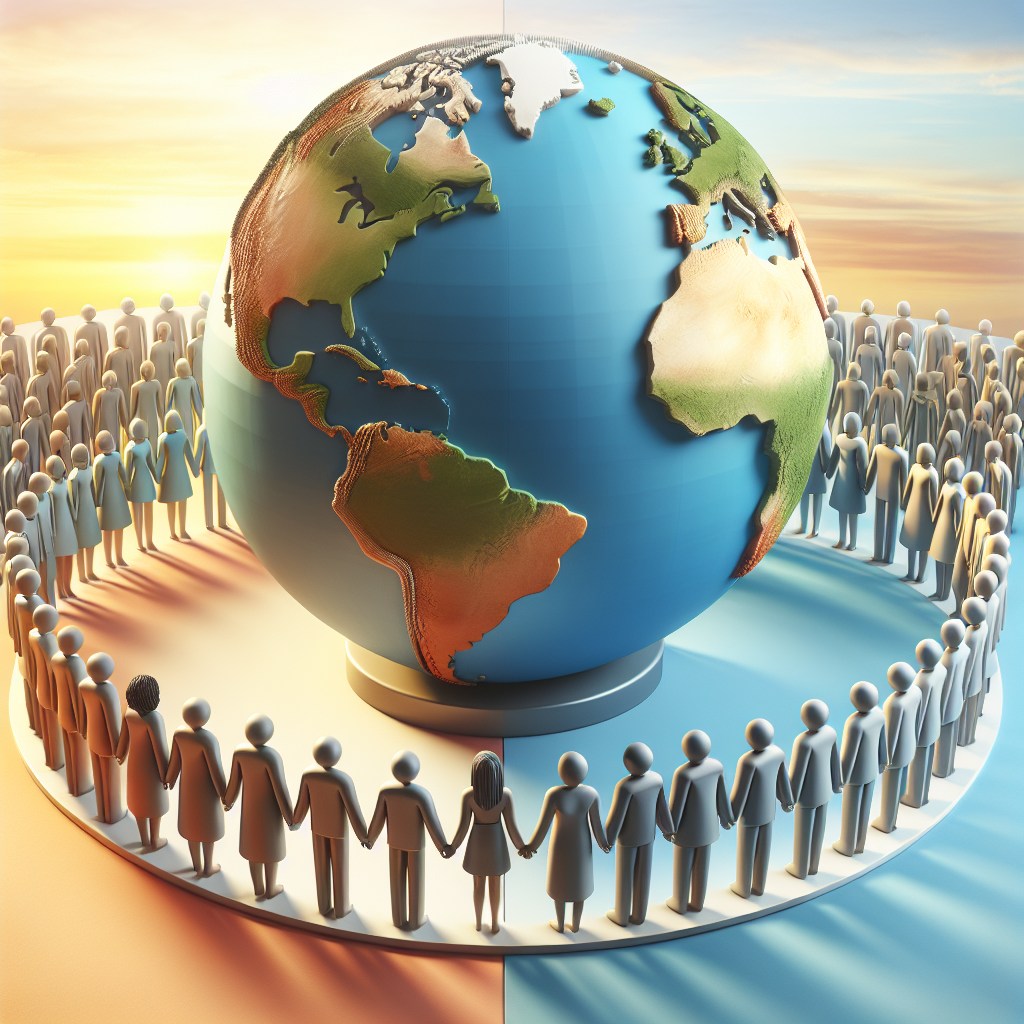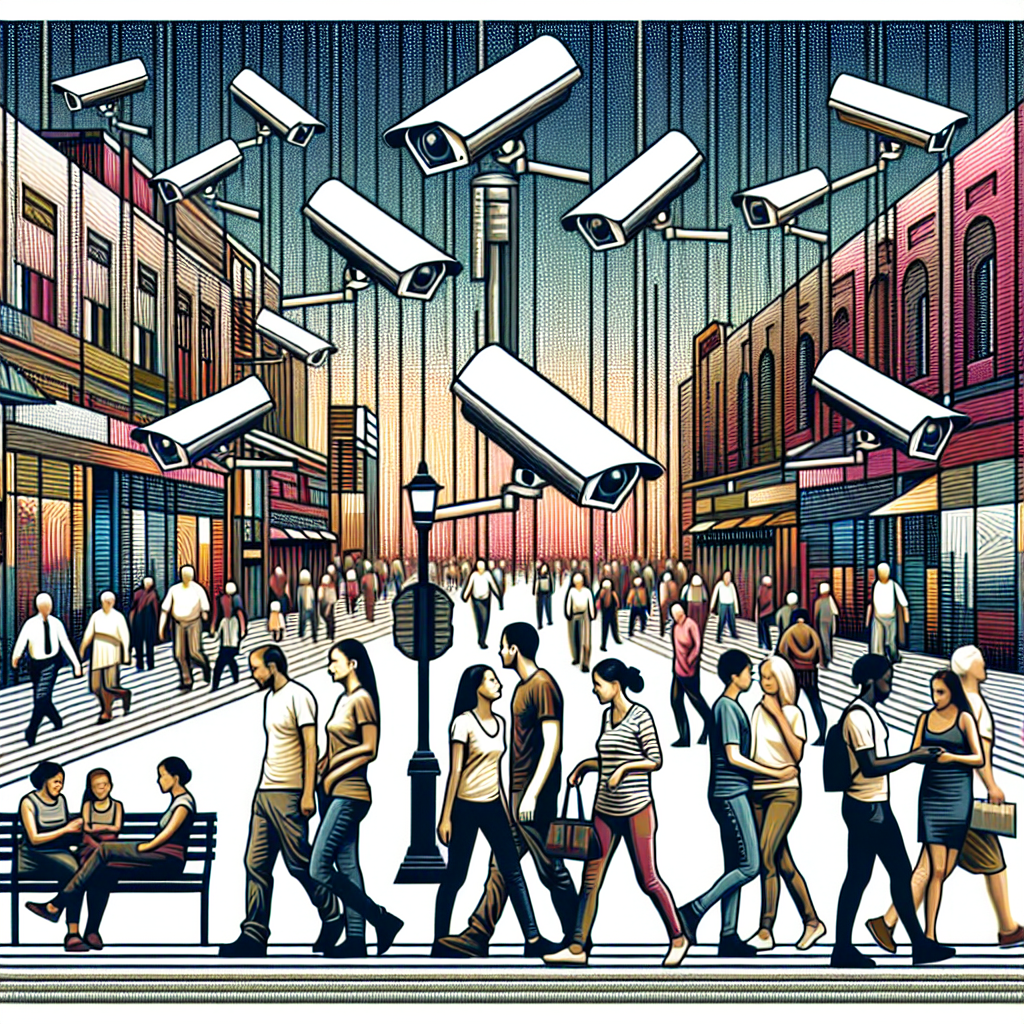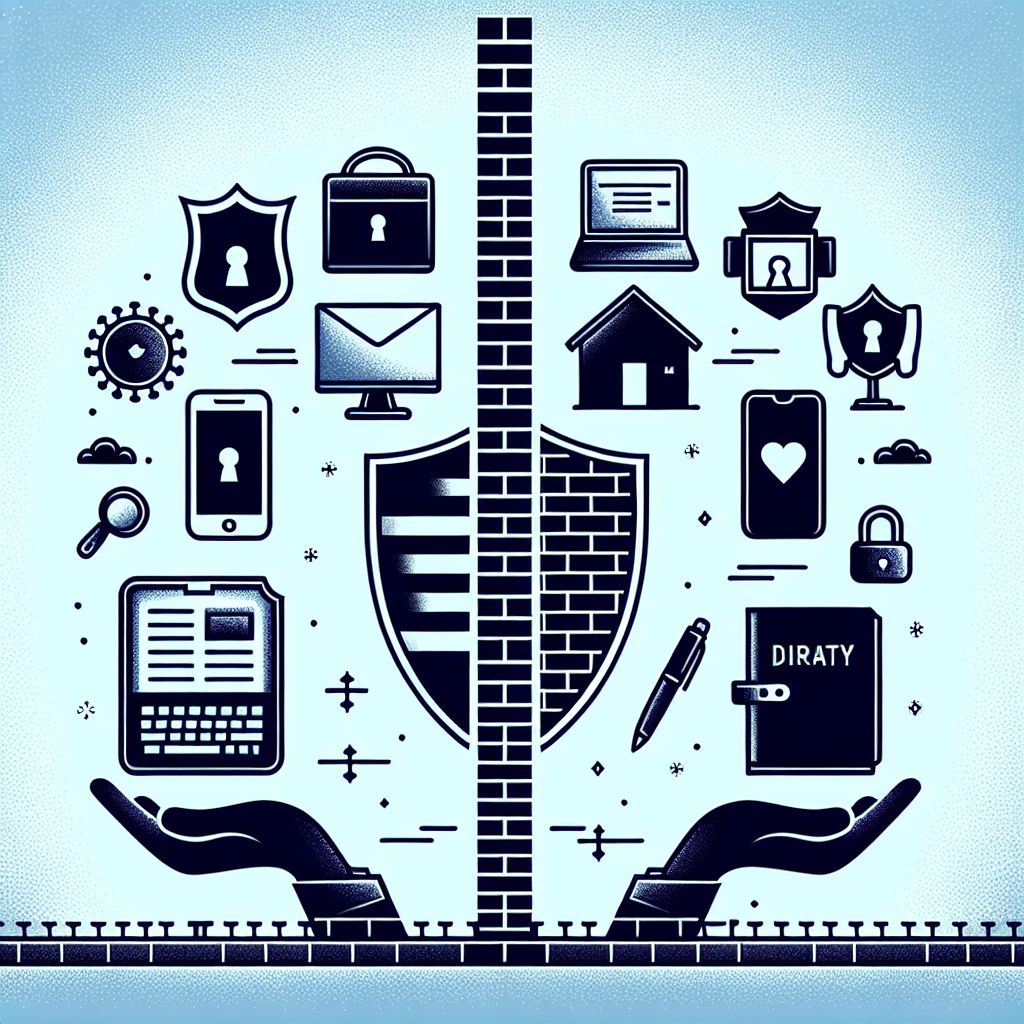Human Rights Today: Navigating the New World Order
The Evolution of Human Rights
Human rights have undergone significant transformations since their conception after World War II. The Universal Declaration of Human Rights (UDHR), adopted in 1948, established a common standard of achievement for all peoples and nations. As society evolves, so do the challenges and complexities surrounding human rights. In the current context of the New World Order, these rights are being tested more than ever, influenced by globalization, technology, and shifts in political power.
The Impact of Globalization
Globalization has undeniably reshaped the landscape of human rights. With increased interconnectedness, issues like labor exploitation and human trafficking have taken on a global scale. Multinational corporations often operate in countries with lax enforcement of labor laws, leading to significant human rights violations. This raises critical questions: How do we hold these corporations accountable? Many argue for the establishment of international frameworks to regulate corporate behavior, ensuring they adhere to basic human rights standards regardless of where they operate.
The Role of Technology
The digital age has brought about both opportunities and challenges for human rights. Social media platforms empower activists and provide a voice to marginalized communities. However, they also facilitate the spread of misinformation and hate speech. Furthermore, governments around the world are increasingly using surveillance technologies to monitor citizens under the guise of national security. The fine line between security and privacy continues to be a hotly debated topic, demanding urgent attention to protect digital rights as part of the broader human rights discourse.
Political Power Dynamics
The current New World Order is marked by a shift in global power dynamics, with rising nations challenging the hegemony of traditional powers. China, for example, has gained influence on the global stage, often criticized for its human rights record, notably in regions like Xinjiang and Tibet. In contrast, Western nations grapple with their own contradictions, where they advocate for human rights while sometimes acting in ways that undermine those very principles. The interplay of these global powers complicates international human rights advocacy, leading to varying standards of accountability.
Climate Change and Human Rights
The intersection of climate change and human rights is increasingly relevant. Climate change disproportionately affects vulnerable populations, often exacerbating inequality and driving displacement. The “climate refugees” are a stark reality that underscores the urgent need for a human rights-based approach to environmental issues. Recognizing the right to a healthy environment as fundamental is crucial, advocating for policies that prioritize ecological sustainability alongside human rights protections.
Women’s Rights in the New World Order
Gender equality and women’s rights have become focal points in global human rights discussions. Advocacy efforts have gained momentum, particularly around issues like reproductive rights, violence against women, and representation in political spaces. However, backlash remains prevalent, with movements like #MeToo encountering resistance in various societies. The New World Order demands that the fight for women’s rights be intersectional, acknowledging the varied experiences of women across different cultures, socioeconomic statuses, and identities.
Indigenous Rights and Sovereignty
The rights of Indigenous peoples are another critical area of focus in the human rights arena. As nations expand their territories for economic development, Indigenous communities often bear the brunt of these decisions without proper consultation. The acknowledgment of Indigenous sovereignty is vital in the New World Order, echoing calls for land rights, cultural preservation, and self-determination. Initiatives like the United Nations Declaration on the Rights of Indigenous Peoples serve as essential frameworks for addressing these concerns.
Health Rights and Pandemics
The COVID-19 pandemic has highlighted significant disparities in health rights globally. Access to healthcare, vaccines, and essential services varied dramatically, often following socio-economic lines. The pandemic reinforced the necessity of recognizing health as a human right, advocating for equitable distribution of resources and addressing systemic inequalities. As we move forward, it’s crucial to integrate health rights into global human rights agendas, ensuring such crises do not disproportionately impact marginalized populations.
Human Rights Education
Education plays a pivotal role in fostering a culture of human rights. By promoting human rights education at all levels, societies can empower individuals to advocate for their rights and the rights of others. Such education cultivates awareness about the importance of justice, equality, and dignity. Schools, governments, and NGOs must collaborate to develop curriculums that emphasize human rights, thus encouraging active citizenship and global solidarity.
Advocacy and Grassroots Movements
In the Age of the New World Order, grassroots movements have emerged as powerful agents of change. The ability to mobilize and create awareness through online platforms has transformed the landscape of human rights advocacy. Movements such as Black Lives Matter and climate action initiatives have galvanized global support, illustrating the effectiveness of collective action. These movements often face backlash and repression but continue to push boundaries, demanding accountability and justice at local, national, and international levels.
The Path Forward: International Cooperation
In confronting the complex challenges of human rights in the New World Order, international cooperation is imperative. Multilateral organizations, such as the United Nations, must strengthen their commitment to uphold human rights standards across borders. Countries need to engage in dialogue, share best practices, and hold each other accountable, acknowledging that the protection of human rights is a collective responsibility. Collaborative frameworks can help bridge gaps, encourage dialogue, and inspire action.
Importance of an Intersectional Approach
As human rights issues become intertwined, adopting an intersectional approach is vital. Recognizing how various identities, including race, gender, ethnicity, and socioeconomic status, intersect allows for a more nuanced understanding of human rights violations. This approach advocates for tailored solutions that address the unique challenges faced by different communities, fostering inclusivity and equity in human rights advocacy.
Conclusion
The Age of the New World Order presents both significant challenges and opportunities for advancing human rights. By centering discussions on equality, justice, and accountability, we can work towards a future where human rights are universally respected and upheld. The onus is on governments, institutions, civil society, and individuals to navigate this complex landscape and champion the cause of human rights for all.













Leave a Reply